A project of time and reflection, The Nettle Dress records a seven-year mission by textile artist, Allan Brown, to make a garment entirely from wild nettles.
Filmed by Dylan Howitt, Allan explains the painstaking process of collecting, threading and weaving nettles into fabric, while recounting his first encounter with the prickly plant. He remembers falling into a bush of nettles as a kid, and the sensation of being stung left an impression that ran deeper than the initial burn.
The film follows Allan into his local woods as the artist seeks more materials to work with. Nettles, of course, are everywhere. “They find you, rather than the other way round” remarks Brown. We watch as Allan collects plants and strips the fibres, turning them into threads. His aim is to have enough to make a full-length dress – to do this he will need at least 25 feet of material. Howitt’s commitment to recording the project is equal to Allan’s: it takes Brown five years just to get to this point.
The Nettle Dress finds itself caught between tradition and innovation – “hedgerow couture” is a contemporary concept, although harnessing Nature to make our clothes is anything but new. Allan’s experience as a textile artist comes into play: his planned design is a simple gown, based on something the Viking population would have worn. Allan gets the idea of a dress, specifically a fairy tale dress, after reading the Hans Christian Andersen story The Wild Swans. A tale of reversing enchantment, Allan shows no signs of wanting to be released from the spell nettles have cast over his life.
As this is a process that, by its nature, cannot be rushed, the film’s narrative unfolds with a deliberate, zen-like approach. When Allan wanders in search of more nettles, the beautiful pin-sharp photography on the plants and wildlife nudges us to look more closely, more carefully. Allan’s appreciation of the woods, their ever-changing landscape through the seasons, is eye-opening. These woods are not especially picturesque – the burned out tyres are an added feature – but the joy found in them by Allan and his adorable labrador Bonnie, who accompanies him on every foraging session, really translates on film.
As the documentary progresses, we learn that The Nettle Dress is not just about the object itself, but what the object represents. Allan, only just recovering from his father’s death, learns that his 45-year-old wife, Alex, has been diagnosed with terminal cancer. She is given months to live. Allan is faced with the unimaginable, and having to keep a family with four children together as well as himself. His nettle project, here in its very early, undefined stages, continues. Allan gathers and spins. Having another point of focus, he recognises, as a gift.
The Nettle Dress is, at its core, a moving meditation on grief and loss. The nettles, in a neat, full-circle metaphor, transform from their prickly, stay-away-from-me roots into a symbol of protection and closeness. Howitt’s film effortlessly layers meaning despite its running time of 60 minutes; its brevity instead becomes a mirror of the intensive process Allan undergoes, both as an artist and as a husband and father.
The film’s melancholy undercurrent stops The Nettle Dress from veering into self-congratulatory notes. Allan cheerfully announces that, given the choice between homespun and manufactured clothing, he’d pop down the High Street for something comfortable to wear. But this is more personal than just an art project: he comments on how the woven nettle fabric is resilient, despite being from such delicate, fine threads. Held up to the light, the fabric forms a matrix that feels protective and enveloping. It is unrecognisable from its raw state, but it isn’t the harnessing of Nature that the film truly reveres; it’s the possibilities – untapped, unexpected – that are actually celebrated in Allan’s work. Embracing change and difficulty, The Nettle Dress encourages us to look at the prickly side of Nature, and life itself, from an alternative perspective.
Watch The Nettle Dress at Plymouth Arts Cinema from Saturday 28th October – Wednesday 1st November.
Reviewed by Helen Tope
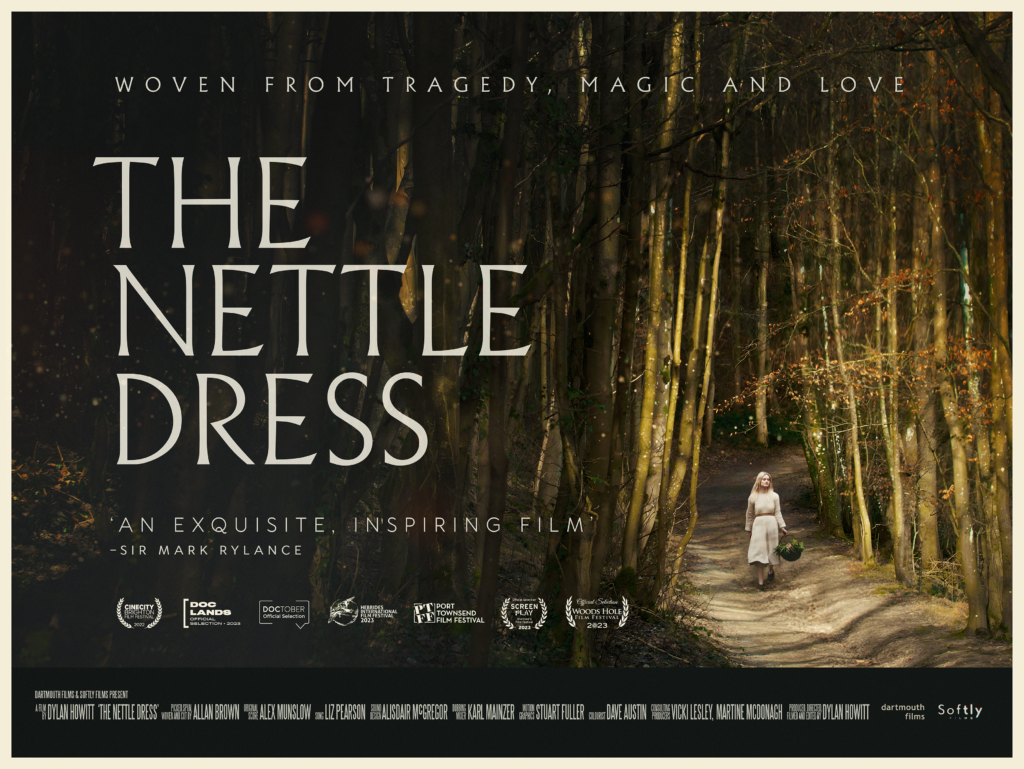

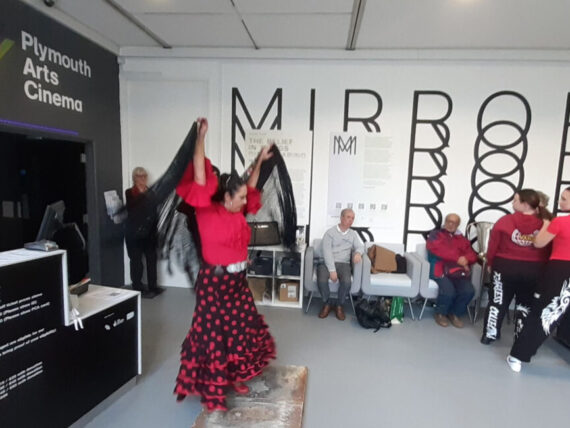
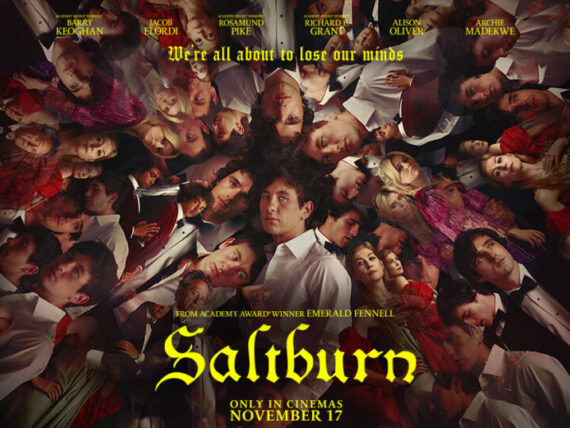
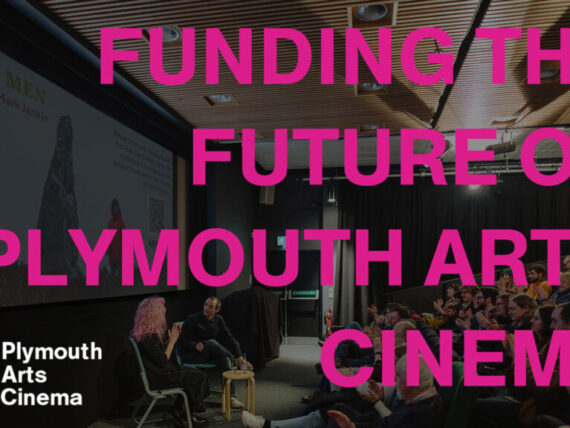
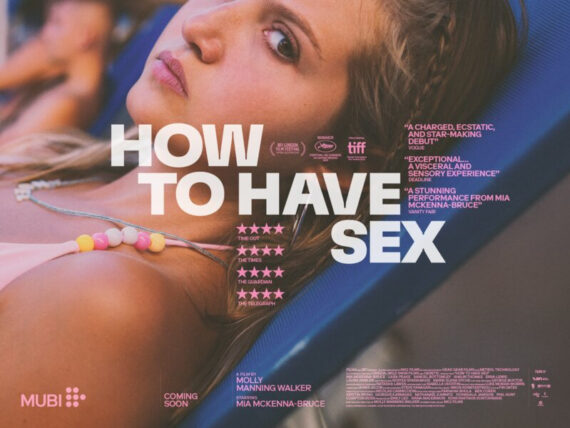
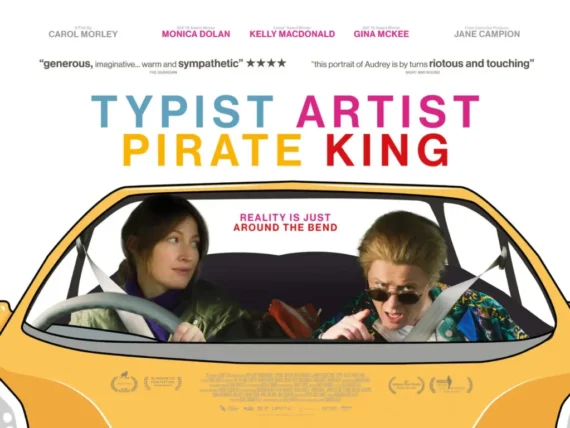
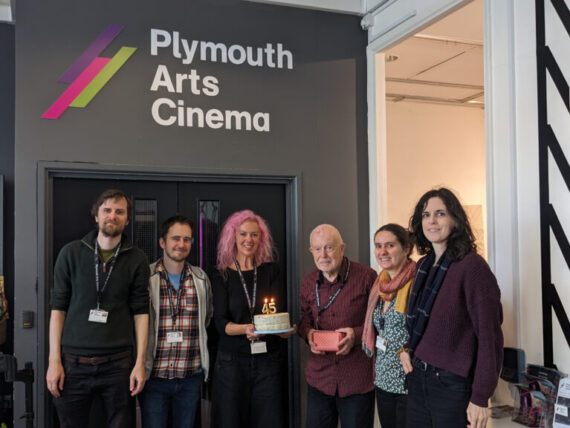
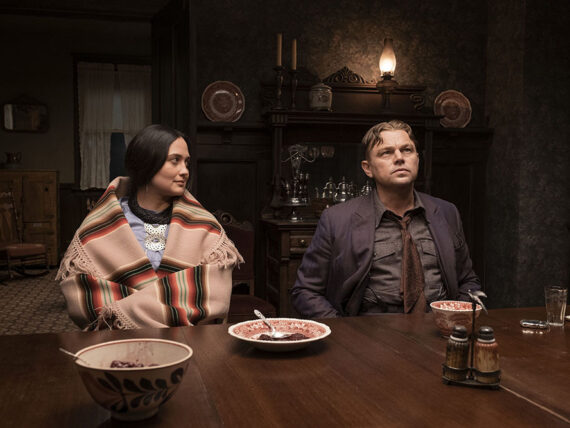
Comments
No comment yet.